How to Tell the Difference Between Perfume, Eau de Toilette, Cologne and Other Fragrances
Have you ever looked at the variety of different fragrance types available on the market and got a little confused about how they differ? Ever wondered what actually is the difference between cologne and perfume?
Let’s take a look!
Fragrance Types: Perfume Vs Cologne
With so many different types of perfume, cologne and other fragrances available on the market today, it can be hard to tell them apart. In this blog post, we will discuss how to differentiate between perfume, cologne and other fragrances. By understanding how these fragrances differ, you will be able to make better decisions about your final product.
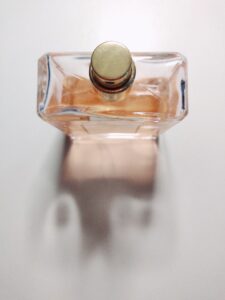
What is a Perfume?
Perfume is the most concentrated form of fragrance, so a small amount goes a long way. It is typically made with 20-30% aromatic compounds in an oil or alcohol base and can last up to 24 hours on skin. There are four main types of perfume: eau de parfum (EDP), eau de toilette (EDT), parfum extrait and solid perfume.
Eau de parfum has 15-20% aromatic compounds and lasts around 8 hours. Eau de toilette contains 5-15% aromatic compounds and will usually last for 3-5 hours before needing to be reapplied.
What is a Parfum Extrait / Extreme/ Intense Perfumes?
Extrait de parfum (pure perfume, perfume, parfum, parfum extrait or simply extract) is the most concentrated and most expensive form of perfume and usually contains between 20 and 40% of oil concentration. You need only a couple of drops for each application. And this makes them very unique because they are can be more versatile than eau de parfum. In branding terms, you will often see these referred to as Intense or Extreme Perfumes.
But it is not only about the concentration, Perfume Extraits often contain more precious and rare natural ingredients; their formulas can also be more complex containing more heart and middle notes.
Parfum extrait has 20-40% aromatic compounds, making it the strongest type of perfume, but also the most expensive; it can last up to 24 hours without fading away. Lastly, solid perfumes are waxy solids that contain 10-20% aromatic compounds; they tend to have longer-lasting effects than other types of fragrances since they tend not to evaporate as quickly as liquids do.
The difference between Perfume and Eau de Toilette?
It comes down to concentration or ‘inclusion level’. The higher the inclusion, the more concentrated fragrance oil is in the product. In general EDTs have a lower inclusion level than EDPs. You often hear around 7-15% for an EDT and around 15-20% for an EDP, but there are no hard and fast rules. Generally, you’d expect something marketed as an EDP to be stronger and/or last longer than an EDT.
 What is a Cologne?
What is a Cologne?
Cologne is considered a lighter form of fragrance than perfume because it typically contains only 2–8% aromatic oils in an alcohol base—making them perfect for everyday wear.
MYTH BUSTER: Cologne is not a male version of perfume. The difference between cologne and perfume is based on the concentration of fragrance oils. Cologne is the most diluted whereas perfume is the least.
Colognes generally fade much faster than perfumes due to their lower concentration levels; depending on the person’s body chemistry and environmental conditions, colognes may only last for a couple of hours after application before needing to be reapplied again for optimal results.
One thing that sets cologne apart from other fragrances is its fresh scent profile that tends to lean more towards citrusy or aquatic notes such as orange blossom and ocean breeze notes respectively—making them ideal choices during warmer months when heavier fragrances might feel too overwhelming or cloying on the skin due its higher concentration levels compared with cologne’s lower concentrations.
What are the other categories of fragrance?
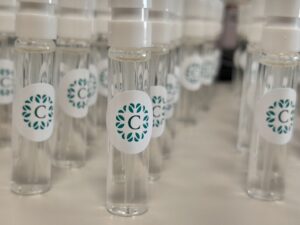 In addition to perfume and cologne, there are other types of fragrances available on the market today such as body mists, perfumed oils, roll-on fragrances and more. Body mists typically contain 0–2% aromatic compounds in an alcohol base and last for only a few hours before needing to be reapplied; they tend to be much lighter than regular perfumes or colognes and usually have a fruity or light scent profile that’s perfect for daytime activities or warmer weather when heavier scents might feel too overpowering.
In addition to perfume and cologne, there are other types of fragrances available on the market today such as body mists, perfumed oils, roll-on fragrances and more. Body mists typically contain 0–2% aromatic compounds in an alcohol base and last for only a few hours before needing to be reapplied; they tend to be much lighter than regular perfumes or colognes and usually have a fruity or light scent profile that’s perfect for daytime activities or warmer weather when heavier scents might feel too overpowering.
Perfumed oils are oil-based fragrances that come in various concentrations from 0–20%, making them ideal for those who don’t like the feeling of alcohol-based fragrances on their skin; they also tend to last longer than traditional perfumes due to their higher concentration levels but can still evaporate quickly if exposed to heat or sunlight so it’s important to store them properly. Lastly, roll-on fragrances come in small containers with a roller ball at the top that allows you to easily apply fragrance directly onto your skin without having to use a spray bottle; these generally contain 5-15% aromatic compounds in an oil base which makes them easy to control while still providing good coverage and lasting power compared with body mists or sprays.
How to decide what type of perfume product to create
In conclusion, it is important to understand the differences between perfume, cologne and other fragrances so that you can choose the right scent for your customers. Perfume is a stronger scent with higher concentrations of oils, while cologne has a lighter aroma with lower concentrations of oils. As with any product testing, understanding of your product and the intended market, is essential.
Interested in developing a Perfume or Eau de Toilette?
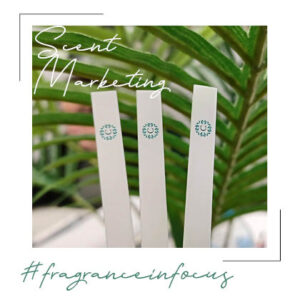
Carvansons is a world-leading manufacturer of mass-market and bespoke aroma compounds for the UK and international markets. Founded in 1941, Carvansons design, test and manufacture fragrance oil for a wide range of industries from industrial and home care products to fine fragrance, room scents and personal care. As an experienced and dedicated team of fragrance experts, Carvansons are well placed to support and advise on the latest trends and research and provide a bespoke and tailored service that supports your needs. Working in partnership with our customers, we help create the perfect fragrances for their products and build long-term relationships.
We work with many different companies throughout the world, which include both household names and smaller, niche industries. We advise and consult with you on the perfect scents for your product through market research and new product development.
To contact our team, please click here.

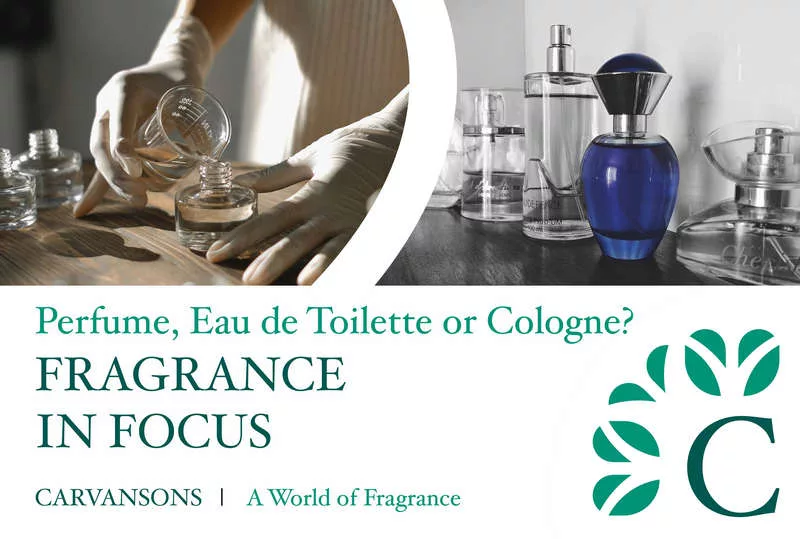

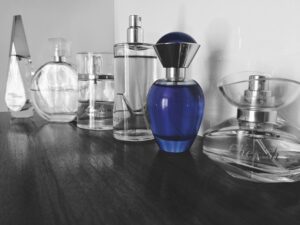 What is a Cologne?
What is a Cologne?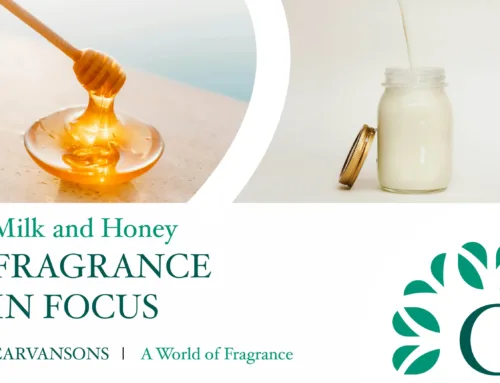
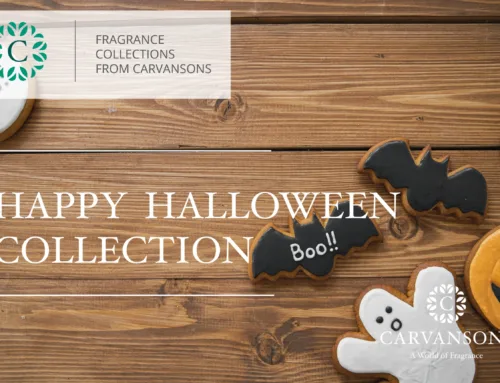
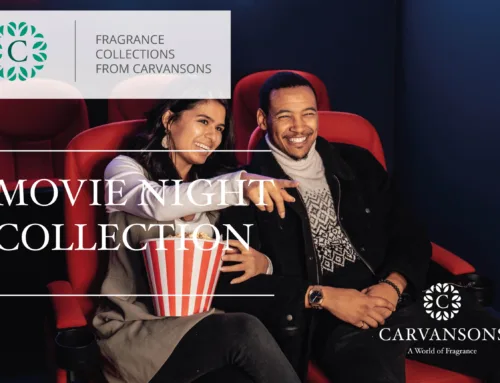
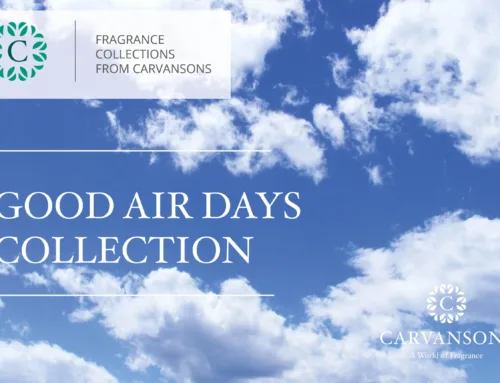

Leave A Comment
You must be logged in to post a comment.